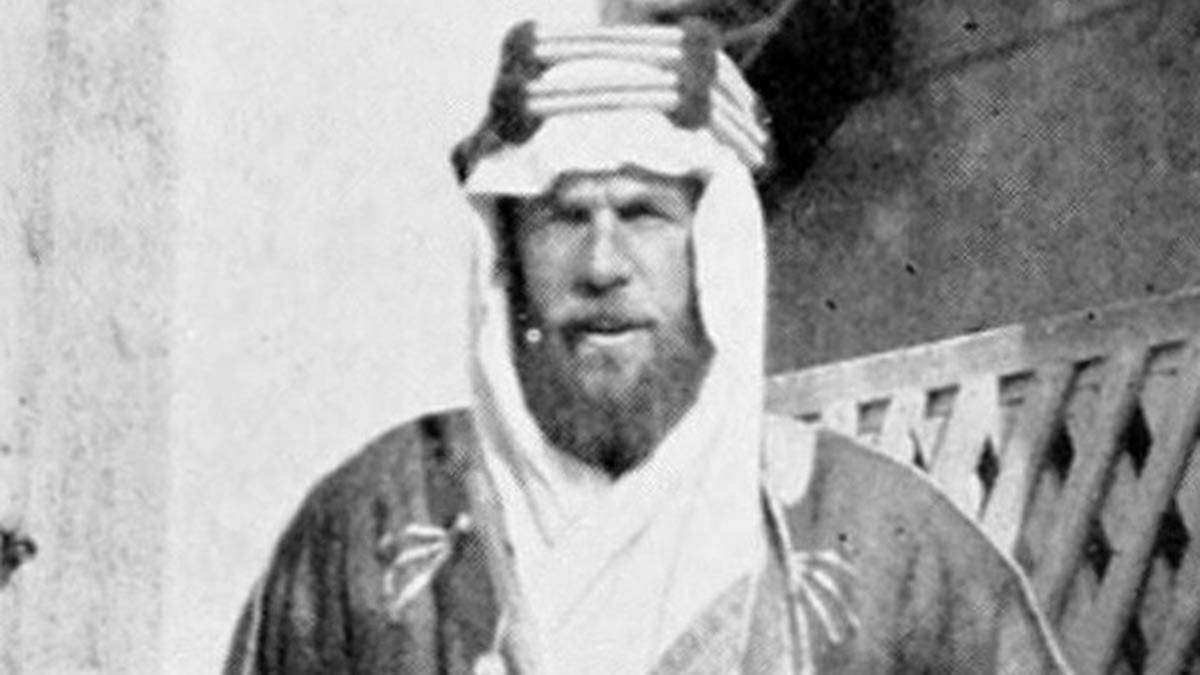A Cold War spy's father on India's tryst with destiny

Every once in a while, the archives deliver a nugget. Your columnist came across an essay in The Statesman of August 15, 1947, by a certain H. St. John Bridger Philby, an ICS officer whose son, Kim Philby, born in Punjab on New Year’s Day 1912, would become the iconic Cold War spy. Philby nicknamed his son after the eponymous hero of Rudyard Kipling’s novel; the nickname stuck, as did the spying habit that the two Kims shared.
Philby Sr. spent eight years in Punjab and then decades in the Middle East. A notable scholar, linguist, ornithologist and explorer, he has been described as “a figure of considerable notoriety”. A close adviser to Ibn Saud, Saudi Arabia’s first king, Philby converted to Islam, went to Mecca and took the name of Sheikh Abdullah. He also took, as his second wife, a slave girl from Baluchistan presented by the Saudi king.
But India was in his blood. He returned 32 years later, in the tortured summer of 1947, to witness India’s independence, a goal he had long viewed with sympathy. His impressions, recorded in The Statesman essay, show that many questions have not gone away.
For instance, was Partition inevitable? Philby believes so, having anticipated a Pakistan early on. Was the Mountbatten Plan too rushed? Philby, otherwise an inveterate critic of British policy in India, praises the scheme as not “just the best possible one in the difficult circumstances in the great subcontinent” but “as near an ideal solution as the human intellect is capable of devising”. He applauds the energetic march to the transfer of power, monitored through the famed Mountbatten calendar on every desk, showing the countdown to August 15 and sees Mountbatten’s appointment as the first governor general of the dominion of India as evidence of deep admiration for his administrative ability.
Did Indian leaders accept partition because they were, in Nehru’s later words, “tired men”? Philby believes that, “aroused to the realities of the situation by the clash of communal arms in their towns and villages” the leaders saw partition as the only path to immediate independence. But their joy was tempered with regret. “Mr Gandhi and Mr Nehru may be disappointed at the dissipation of their dream of a united India, sovereign and independent, while Mr Jinnah may have similar regrets that his ideal of a united Punjab and a united Bengal has proved equally unattainable. Circumstances have been too strong for them all.”
Philby foreshadows other issues that persist. Our relationship with Britain, about which he was optimistic, has remained a curious but overall positive mix of historical anger and an instinctive comfort based on English language, literature and sport. Incidentally, English, he found, was spoken in 1947 among India’s educated class “with a purity and fluency worthy of commendation”; Indian women, whose presence in public life had increased dramatically, also spoke “English almost as a second mother tongue”. The debate about the value of English in our successful international engagement is not yet over.
Philby found Indian women to be “the best dressed women in the world … in their own lovely inimitable saris and kurtas”; he was less charitable to the men who had “discarded Indian fashions for European garb”. Nevertheless, he predicted that India will turn to pay attention to her own indigenous culture as soon as “the inferiority complex produced by years of subjection has disappeared”. Were Philby to visit us now, he would feel thoroughly vindicated to see us emerging out of the pollution haze in a parade of floral bandi jackets, velvet bandhgalas and paisley sherwanis, green-washing our firecrackers in the hallowed waters of indigenous culture.
And inferiority complex? Pshaw!
Columns